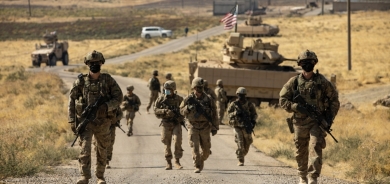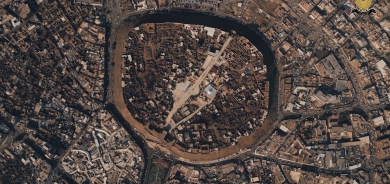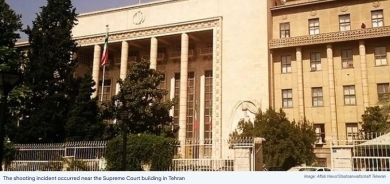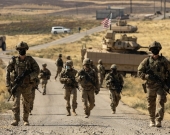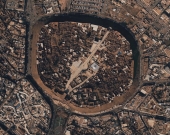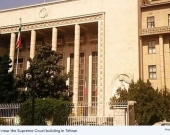Thai protesters try to block election sign-up

Anti-government protesters determined to unseat Thailand's prime minister surrounded a Bangkok sports stadium in an unsuccessful attempt to physically block political parties from registering for a February election.
Prime Minister Yingluck Shinawatra, who is popular among the rural majority but disliked by the urban middle class and educated elite, called the Feb. 2 elections to defuse tension after several weeks of sometimes violent demonstrations in the Thai capital.
The attempted blockade comes after the main opposition Democrat Party said over the weekend it will boycott the vote, which Yingluck's ruling party would likely win.
Officials from her party and eight others managed to sign up for the election by slipping into the stadium in the middle of the night, despite the presence of some protesters who had camped out overnight, the Election Commission said.
"We were aware that protesters would be blocking all entrances, so we went into the stadium at 4 a.m. while they were sleeping," said Prompong Nopparit, spokesman of the ruling Pheu Thai party. "Despite all this, the elections will continue as planned on Feb. 2."
More than two dozen other parties were able to register at a nearby police station, where they filed complaints saying they were unable to access the main venue because of the blockade, the commission said.
Hundreds of protesters tried to seal off the police station, too, and then tried to block representatives of several political parties from leaving.
The mostly city-dwelling demonstrators say Yingluck's removal is necessary to purge the country of corruption and money politics. They view Yingluck as a puppet of her brother, former Prime Minister Thaksin Shinawatra, who was ousted in a 2006 military coup and is living in self-imposed exile overseas after being convicted of corruption.
The protesters want an appointed interim government to oversee political and electoral reforms before any new polls are held.
But the Shinawatras have the support of Thailand's rural poor, largely because of Thaksin's policies to bring virtually free health care, cheap loans and other benefits to the long-neglected countryside. Yingluck has spent the past several days in Thailand's north and northeast, her party's political strongholds, surrounded by crowds of enthusiastic supporters.
Her government says the opposition's boycott shows it's afraid of losing. Thaksin and his allies have won every national election since 2001.
Charismatic protest leader Suthep Thaugsuban has mobilized huge crowds in Bangkok in the past few weeks, including more than 100,000 people on Sunday in a march that blocked traffic and shut down major intersections around the capital.
In a fiery speech Sunday night, he promised to continue mass rallies and blockades until they achieve their goal.
"Because Yingluck clings to her prime minister's seat, we must come out to chase her," Suthep told supporters. "We will keep chasing her until she is dead or until she leaves."
He declared that if the election still goes ahead on Feb. 2, "We will shut down the entire country and no one will vote."
Yingluck insists the polls will take place. Her party signaled its confidence in victory by placing her at the top of its party list Monday, indicating she remains their choice for prime minister after elections.


